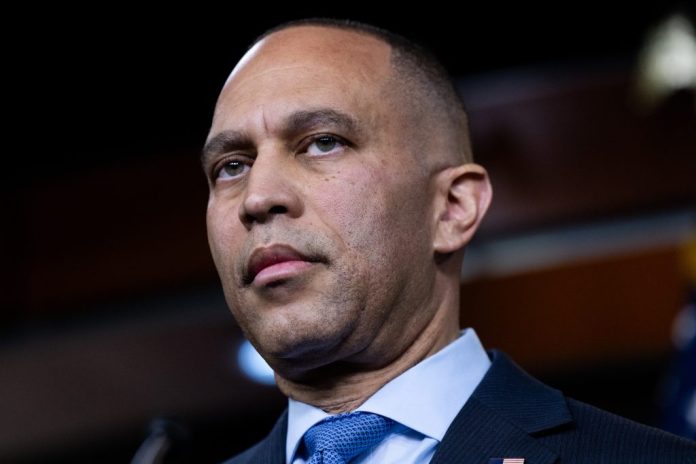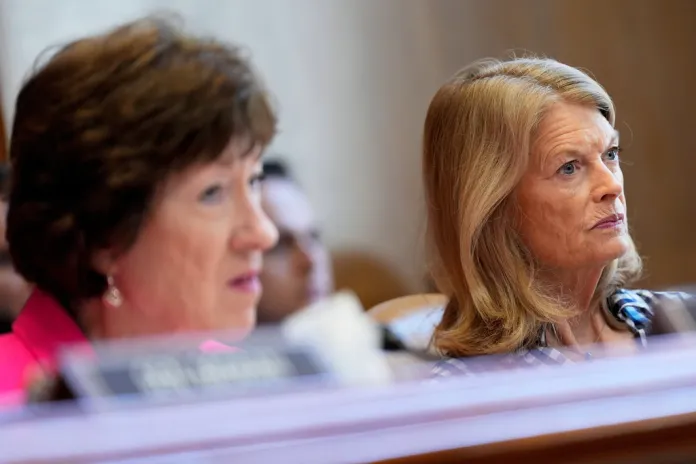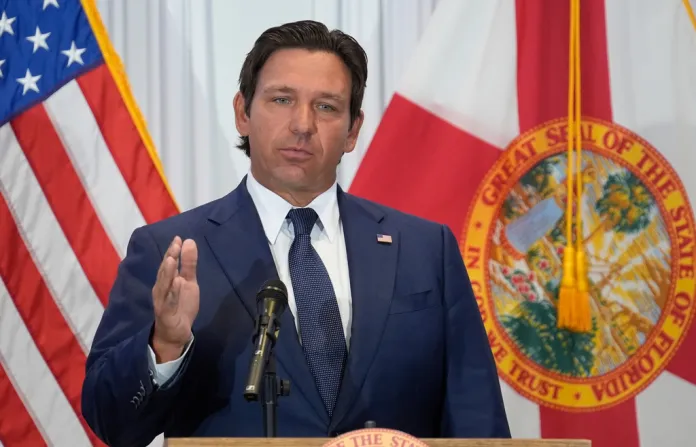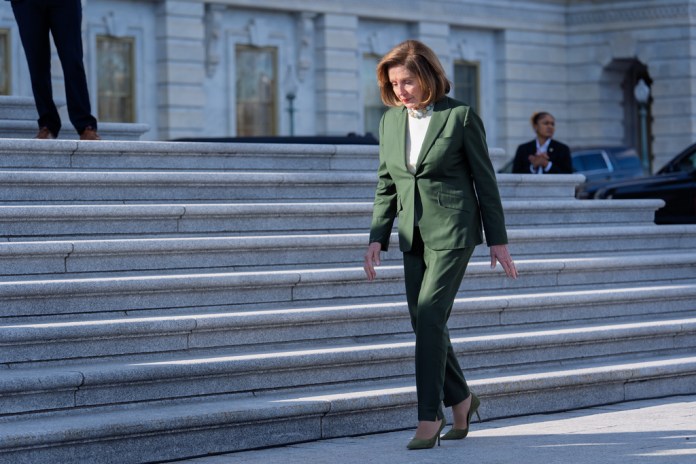Congress Must Abandon Its Haphazard Status Quo Of Budgeting By Crisis
The Dec. 16 expiration of government funding must have been an accident. It would take foresight and purposeful planning to schedule a budget deadline for the anniversary of the Boston Tea Party. Sadly, the 117th Congress has shown neither quality. The descendants of these American patriots are now at the mercy of a lame-duck Congress, rather than a foreign monarch. The narrowly divided legislature that emerged from the midterms, however, presents an opportunity to enact a single-bill budget process, eliminate governance by crisis, and improve America’s fiscal health.
Congressional leaders’ reliance on shutdown brinkmanship instead of a transparent and inclusive budget process has contributed to low trust in Congress by the American people. It is easy to see why.
Writing a real, substantive budget would improve accountability to the people and requires legislators to develop and debate priorities. The current practice of shutdown leverage for continuing resolutions and omnibus appropriations has produced closed-door, leader-driven spending bills that most members have little time to review and no chance to amend.
These appropriations bills only cover about 30 percent of all spending, however, and their separation from direct spending and revenue prevents effective budget management. This process perpetuates budget hostage situations and apocalyptic talk of shutdowns.
The results of such a short-sighted approach to budgeting are evident. The current administration has approved $5 trillion in new borrowing in the past two years. The lame-duck Congress could grow the debt further through an omnibus package limited only by the appetites of the negotiators, who are just a handful of Congress’s 535 members.
This budget brinksmanship comes even as legislators reckon with the consequences of spending policies shaped by crises wrought by mismanagement. Government investigators now estimate that up to $100 billion in Paycheck Protection Program loans were fraudulent. Legislators could at least blame opportunistic bad actors for taking advantage of a public health crisis, but that does not relieve them of the responsibility to learn from such costly mistakes.
Congress must begin to restore fiscal health and budgetary accountability, however. Members ought to first reject attempts by the executive branch to extend Covid-19 pandemic emergency measures. The pandemic is over, except for those seeking to leverage it for further giveaways.
Reining in the abuse of executive branch emergency measures is the obvious part. Our elected representatives should follow suit by demanding effective budgeting in Congress as well. That means reviving committee and member-driven deliberation about the federal government’s funding priorities.
An effective budget means one bill each year that includes all spending and all revenue. Such a unified budget is familiar to anyone who has balanced a checkbook or run a private organization.
Congress’s complicated, fragmented, and dysfunctional budget system would deliver better results through a simpler, comprehensive budget. A better process would respect committee jurisdictions and draw from the collective institutional and subject-level knowledge that these members possess. Committee members are most aware of the challenges, opportunities, and priorities within the agencies they oversee.
Already 14 states, including Indiana, Florida, and North Carolina, do a single budget bill per
" Conservative News Daily does not always share or support the views and opinions expressed here; they are just those of the writer."




